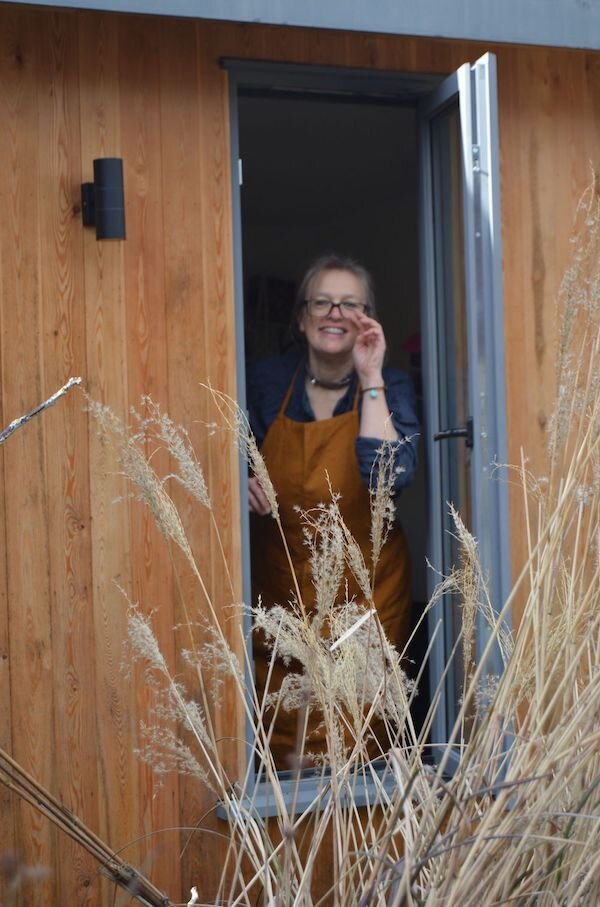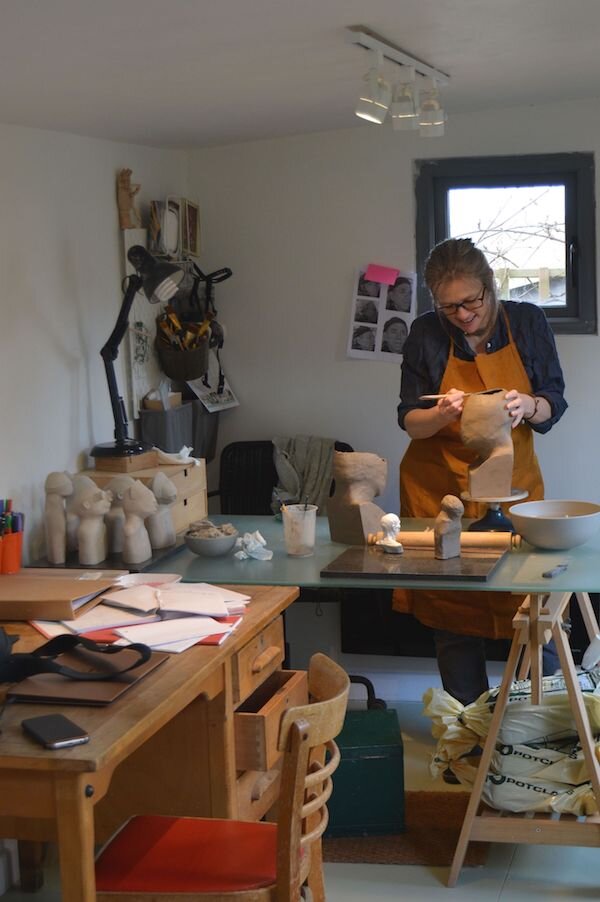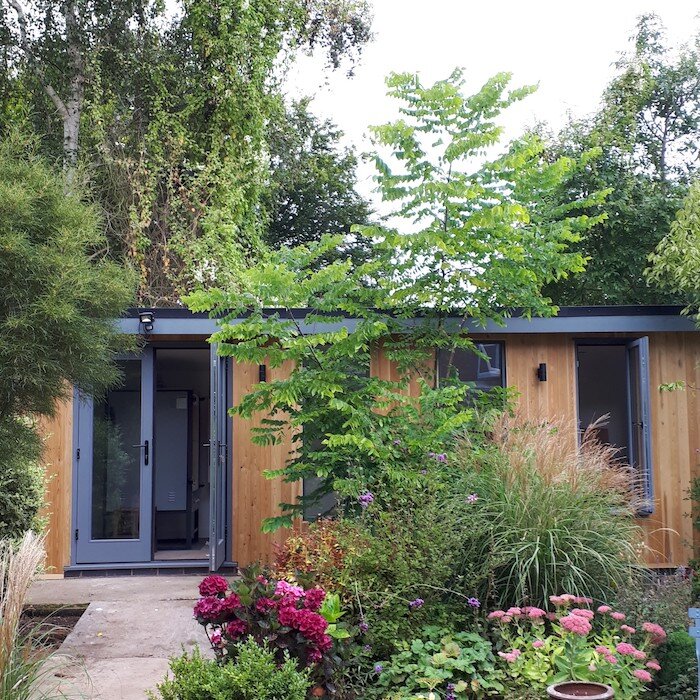Sally Fitchard



Staffordshire, UK
Social Media:
Instagram
How would you describe your work?
Figurative, abstracted and sculpted in clay. Realism has never been the intention but intelligible, relatable forms have, I see them as visual representations of what bubbles away inside all of us, from joy and tenderness to the unresolved, the unspoken - it could be anything. It’s all about creating storytelling and beauty, it wouldn’t be something I could develop and be committed to unless those elements were always evolving.
I’m comforted by the immense timeline we’re all in, our experiences in unique contexts and yet universally bonded by our emotional language. How we interpret and create from this is our narrative in the world.
What inspires you?
It’s all about people. I find our diversity, complexity and mystery utterly compelling, more so as I get older. It’s liberating to know that you will never have the measure of anything, will never understand as much as you’d like or have a position of authority on anyone or anything but every day you will have curiosity, every single day you have the pleasure of seeing, feeling and thinking.
Can you speak about your process?
I use clay because it’s so versatile and malleable but mostly because it’s all about touch, you use tools of course but you’re up close and personal with clay so you feel very connected. I don’t draw or plan what I’m going to sculpt but I know it will be figurative and at the moment predominantly busts but whether these or the full figure I mostly don’t know what kind of character will emerge. I have just started to write short rhymes inspired by each sculpture which I’m really enjoying, it’s a new development so I’ll just run with it for now but it certainly prolongs my relationship with them. Should they accompany each piece, uncertain, I’m not sure if they would enhance the story or dictate and spoil memories or feelings evoked independently.
How did you become interested in art?
I’m not sure I ever knew I was. There must have been some interest because I did an O and A Level in art, a foundation and degree course but mostly I thought all of that happened because I did so badly in my academic exams and this was my only choice.
Thirty years after graduating I was reacquainted with clay and this time I did know but a crucial aspect of knowing was dispelling the academic failure narrative. I had to secure a science masters in my late forties to confirm I could be academic if I wanted to be but I was choosing not to be – I was choosing to be an artist.
Do you have any favorite artists, movies or books?
Anything with a human story whatever the medium, I really love the intensity of Blade Runner films, extending our flawed reach to sentient AIs, a concept that really troubles me, the ethics or lack of. Mostly storylines that deal with extreme spectrums of human behaviour, providing a kind of looking glass into what people do, why and our response, from Agatha Christie to Wallander to zombie or survival stories.
Artists would be Kathe Kollwitz, the 19th century German artist who depicted long suffering people, mainly long suffering women, the expression of humanity in extreme circumstances represented with a compassionate eye.
Nele Azevedo and her ice figures, I only discovered recently that her multiple melting figures are wrongly interpreted as climate change messages, not her intention but she’s happy that these reflections on humanity have alternate powerful narratives.
George Triggs, a British contemporary who for me produced the most exquisite life sized sculpture ‘Broken’ with the intention of depicting human frailty – a seated male, the hollow body cracked and broken like pieces of an egg shell – I think it’s a visual masterpiece.
What advice do you have for younger artists?
So given my own experience I would advise checking if there are any cages around you that you and/or others have helped to build and if so start working on getting out of them. I think we all probably have narratives about ourselves that aren’t really true and they’re going to be difficult to see (it could be a lifelong task) but once you consider the possibility and explore the idea it might be enlightening even wonderful.
It keeps helping me actually to listen to other peoples experiences, on blogs like these or podcasts, as many as possible and all types of people, you start seeing how similar we all are, shared barriers affecting things like self-esteem and imposter syndrome. Seth Godin might be a good one to start with – he provides amazing insights directed at creatives about behaviours, culture, fears.
Is there anything else you would like to share?
I absolutely love watching films set in snowy landscapes but I really don’t like it when it snows at home. What does that mean?








